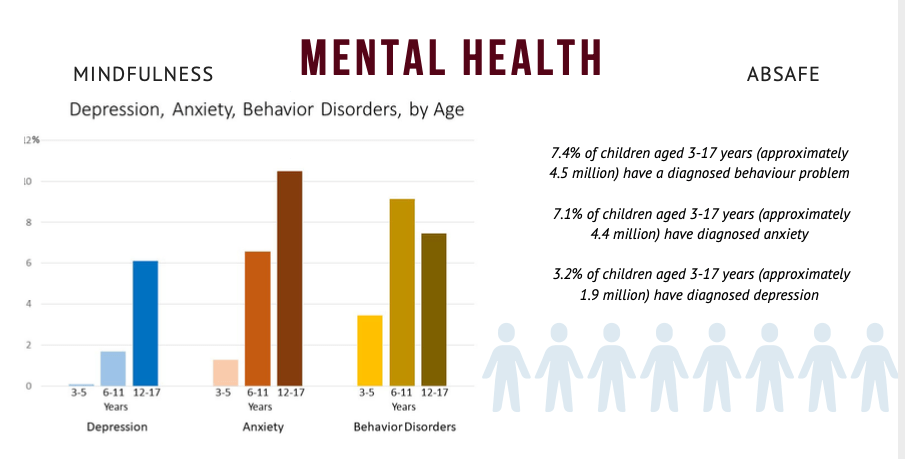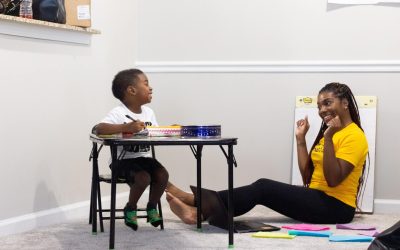Age Appropriate Design Code / The Children's Code and Schools
ED TECH – The Children’s Code and Schools
It has been an interesting year or so, watching the Children’s Code (aka Age Appropriate Design Code or AADC) go through consultation, effectively missing out on what is needed for schools to be part of it, or how it could affect them. The released version that was laid in front of Parliament and adopted then had a year for companies and organisations to get to grips with and this finishes on September 21.
- Schools need to be clear where they are the sole data controller and where any other company or organisation may also be a controller.
- Schools need to understand that where they are the sole controller, the code does not apply to them and what they do, but GDPR still applies and the code has chunks of good practice to follow.
- The importance of risk assessments cannot be stated enough. If you haven’t done them for the systems you are already running (including in-house stuff) then treat it as a gap analysis … but just get it done.
- Make sure you are clear and transparent about where you are a controller for your business stuff (sales, etc.) and where you are a processor on behalf of the school (i.e. the actual service you run)
- Be transparent in your documentation and agreements about what you do and who you work with. Make sure any other partner is only doing what you instruct and based on your agreement with the school.
- If you are also dealing directly with families for a consumer offering, make sure you are using the code for that part of the service, and make sure you know what doesn’t need to be in place for the school-delivered side.
- Develop ICO guidance on how the UK GDPR and the DPA 2018 apply to the education data processed by Learning EdTech companies in schools
- Review the procedures for accessing National School Data from the DfE and ensure strict adherence to the Five Safes framework as required by the Digital Economy Act 2017.
- Produce DfE guidance for EdTech companies, grounded in an independent evidence base and setting out the criteria of educational purposes that Learning EdTech should fulfil.
- Direct BESA’s LendED library to develop an alternative to product ratings, based on formal evidence rather than anecdotal opinions – this is vital since what works in one context may not work in another.
- Develop mandatory rules for schools’ procurement of Learning EdTech to ensure credible improvements in teaching and learning, and compliance with data protection regulation.
- Create joint oversight mechanisms giving both the DfE and the ICO formal roles in ensuring Learning EdTech’s compliance with the law.
- Direct the DfE’s Schools Commercial Team to develop specific rules for schools’ procurement of Learning EdTech services, including those offered ‘free of charge’, to ensure children’s rights are respected.
- Create standard contractual clauses for use by learning EdTech companies in relation to data processing (ICO) and standard commercial clauses for pricing (DfE).
- Develop standard contractual clauses for contracts between schools and Learning EdTech companies (ICO), detailing the kinds of data that can be processed from children under legitimate interests lawful basis.
- Encourage compliance with the best international standards on data protection and child rights to increase the UK’s competitiveness in the global education marketplace.

Cyber Security Training for Schools
SWGfl published a report 15th June 2022 on the lack of Cyber Security training in schools. Cyber Security: Key Findings Data gathered from the survey has shown many interesting findings around how well schools have implemented cyber security through policy and...
Is Your Teen Feeling Anxious About Feeling Anxious
Anxiety - Is your Teen Feeling Anxious About Feeling Anxious There is a lot of talk about anxiety at the moment. You only have to turn on the TV to hear the worrying statistics in relation to the rise in anxiety amongst young people in the last decade and the general...
Tips on boosting your children’s homework productivity
The dreaded Homework battle... Homework, the dreaded word that most students hate to hear. Most students find it difficult to find the motivation to do homework, often leading to rushing it to get it done. Homework is a vital feature of education as it helps to...




